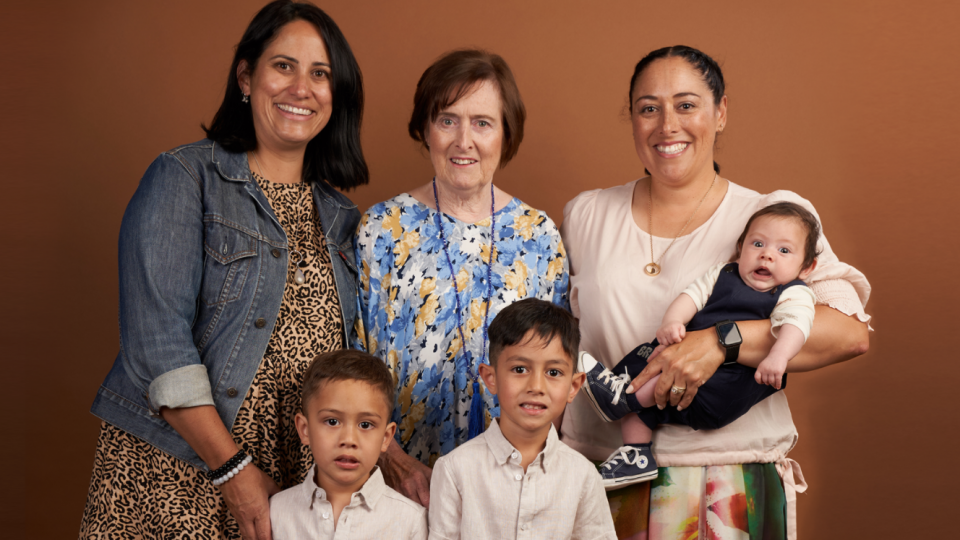‘My Baby's Village’ calling on kāinga to support parents of newborns
Pasefika Proud has joined the Pacific Infant Care Collective responsible for the ‘My Baby's Village’ initiative which aims to ensure Pacific parents of newborns have the support needed to keep their baby safe.

The call for more support follows a spike in unexplained deaths among infants in 2020 across Tamaki Makaurau, Auckland. Provisional data shows approximately half of the region’s 20 possible SUDI deaths were Pacific tamariki.
SUDI (Sudden Unexplained Death in Infancy) describes when a baby dies from an unexplained cause or by accidental and preventable circumstances. SUDI is preventable and the risk factors for our babies can be significantly reduced with the right steps being implemented.
KidzFirst Consultant Paediatrician Dr Teuila Percival, who continues to advocate for more meaningful approaches, has long recognised the preventable nature of infant outcomes, including SUDI.
“We recognise the importance of a holistic, family-centred approach that combines the physical, environmental, economic and wellbeing needs of babies and young children.” It’s also a challenge to community organisations to make sure their messages are tailored to their families", adds Dr Percival.
“It’s really tough to reach out as a mother and we don’t make it easy for a lot of mothers. They don’t have as much time to focus on their babies as they used to so the ‘My Baby's Village’ initiative is a call to families and networks to identify families who do need support and help.
Moana Research Chief Executive Officer Jacinta Fa’alili-Fidow agrees the situation is preventable.
“Traditionally, the focus has been on providing safe sleep devices, but this wasn’t enough,” she said.
“We’ve found that when you look at the causes of death, two thirds of those families had a sleep device in their home.
“It shows that just handing over a safe sleep device isn’t going to prevent all SUDI deaths. There are lots of different causes and there has to be some changes in our systems as well.”
Fa’alili-Fidow says the initiative is not in lieu of existing messages on SUDI prevention.
“We really want this to be as collective as possible. There are many great activities out there and providers are doing a wonderful job delivering the activities they’re being tasked to deliver.”
South Waikato Pacific Islands Community Services Trust (SWIPICS) are also part of the Pacific Infant Care Collective.
“We have seen a noticeable increase in the number of births within our locality which has also seen a marked increase for food rescue and travel vouchers to attend health appointments. This has grown significantly over the past two years as the further challenges of COVID impact on our families with high levels of deprivation, mental unwellness and family harm still prevalent. Given our challenge of ‘access’ because of our rurality, it is even more imperative for us to provide other avenues of support” says Akarere Henry, the Chief Executive.
“As a tamariki ora provider with a particular pacific lens i.e., not prescriptive to contract outcomes to what the families requires, we are pleased to support the initiative which is very much in keeping with our own organisational values of the importance of approach to better engage and support our koputangata/aiga. There has been a gap in getting a single point of ‘truth’ of where we can provide educational resources that are culturally appropriate and accessible”.
Ministry of Social Development (MSD) General Manager Pacific and Community Capability, Serena Curtis, is hopeful that being involved at the beginning of a family’s journey will improve outcomes for fanau.
“It is imperative parents have the full support they need on their parent journey pre-and post-birth,” says Curtis.
“Every child is precious, and we need to urgently rally together as a village to be advocates and champions of parents with newborns. We need to fully understand all the factors that may have contributed to these unexplained and preventable deaths, so agencies like us can play our part to ensure parents get the timely help they need.”
For more information: